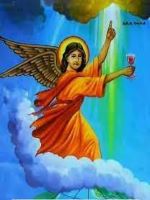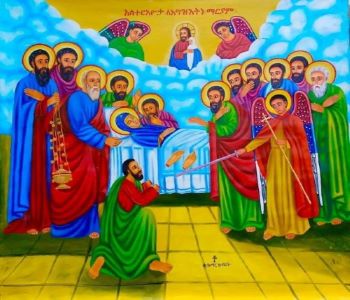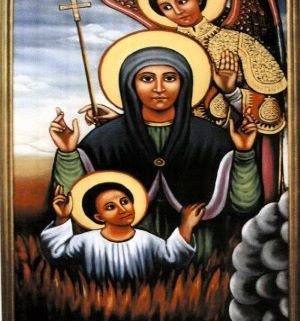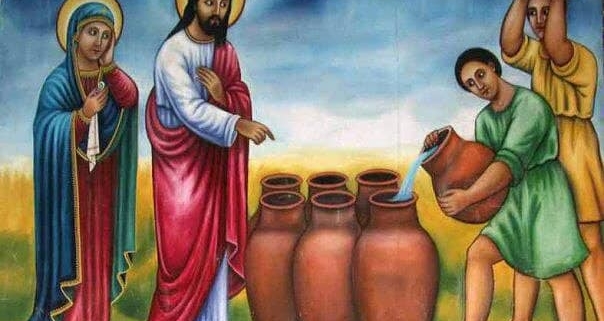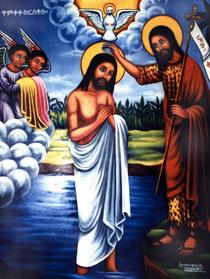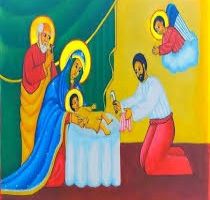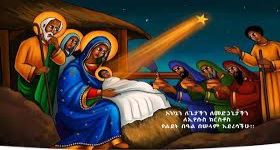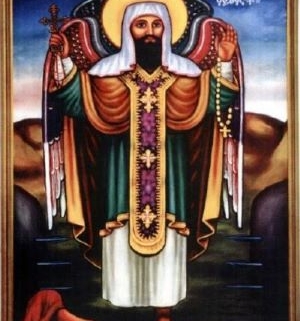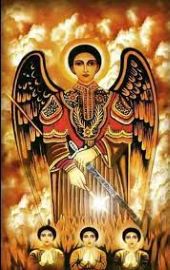The holy birthday, the greatest of all festivals, the honorable, and great, and holy Birth day of our Lord Christ, from the holy Virgin Mary is celebrated on Tahesas 29. Through the Divine plan of God and His foreknowledge, Caesar Augustus issued a decree for a general census in all the Roman Empire. For that reason, Joseph rose, and the virgin with him, and went from the city of Nazareth to “Bethlehem” to be counted in the census there because he was from the tribe of Judah, from the house of David. Bethlehem was the city of David. When they arrived in Bethlehem, the Virgin gave birth to her first born child and she wrapped him in swaddling clothes and put him in a manger, for they did not have a place for them in the inn.

